 South of the Anti Atlas Mountains is the disputed area of Western Sahara. Occupied by the Spanish until 1974, this mostly barren chunk of land has been claimed by both the Moroccan government and the Algerian-backed Polisario Front. Although the conflict technically ended with a UN-sponsored cease fire in 1991, the legal fate of Western Sahara has yet to be decided. Administratively it’s a de-facto part of Morocco.
South of the Anti Atlas Mountains is the disputed area of Western Sahara. Occupied by the Spanish until 1974, this mostly barren chunk of land has been claimed by both the Moroccan government and the Algerian-backed Polisario Front. Although the conflict technically ended with a UN-sponsored cease fire in 1991, the legal fate of Western Sahara has yet to be decided. Administratively it’s a de-facto part of Morocco.
Choose Transport Carefully
The road to Laayoune is paved and relatively good. You can travel by local bus, grand taxi (Mercedes) or private transport. CTM buses are air-conditioned and tend to leave on schedule. South of Laayoune, transport options are slimmer. You should be able to share rides with other tourists to Dakhla during kitesurfing season, or you can fly to Dakhla via Royal Air Maroc.
Going forth from Dakhla to the Mauritanian border public transport options are limited. It’s best to arrange a grand taxi or take your own vehicle. Armed robberies are not unheard of, and you don’t want to have an unreliable vehicle break down in the middle of the desert. Female travelers should avoid traveling alone with a male driver. Make sure you have your Mauritanian visa ahead of time as border authorities can be fickle and you may be forced to backtrack to Rabat.
Hitching is common as rides can be hard to come by. Start journeys early so you can travel by daylight and go in pairs if hitching is the only option.
Watch out for Landmines
Away from the main Laayoune-Nouadhibou road landmines are a real threat. Mines have not thoroughly been cleared from the Morocco-Polisario conflict, and even just outside of Laayoune in the dunes it’s not safe to go walking or off-roading.
Don’t Forget the Sunblock
Unless you’re able to beg some off a UN soldier, you’re not likely to find sunblock in Western Sahara. Bring adequate sun protection with you. A large-brimmed hat or a light scarf that can be used as a turban can help protect you from dangerous UV rays. Wear long pants and long-sleeve shirts made of light, breathable cotton.
Always Carry Safe Drinking Water
When tap water is available in Western Sahara, it’s best avoided by foreigners. Stock up on bottled water in cities, especially if you’re planning to travel south of Laayoune. Always anticipate the possibility of delays or having a tire blown out on the roadside; it’s worth bringing extra water.
Written by Heather Carreiro.
Photo by liquid.blue.ocean.

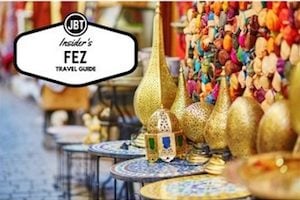
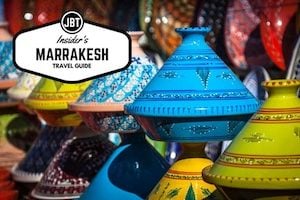
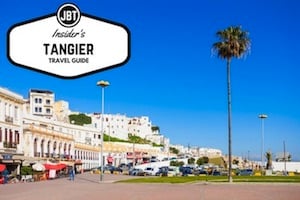
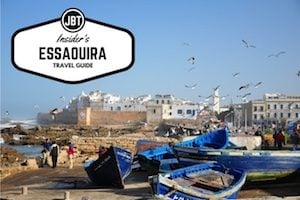
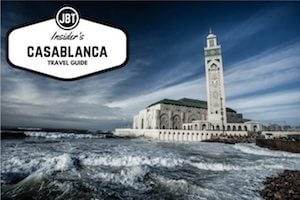

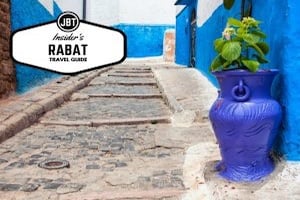
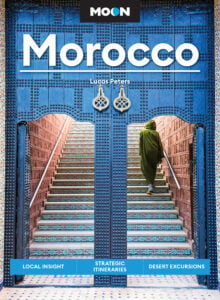
I don’t even know how I ended up here, but I thought this post was good. I do not know who you are but definitely you’re going to a
famous blogger if you are not already 😉 Cheers!